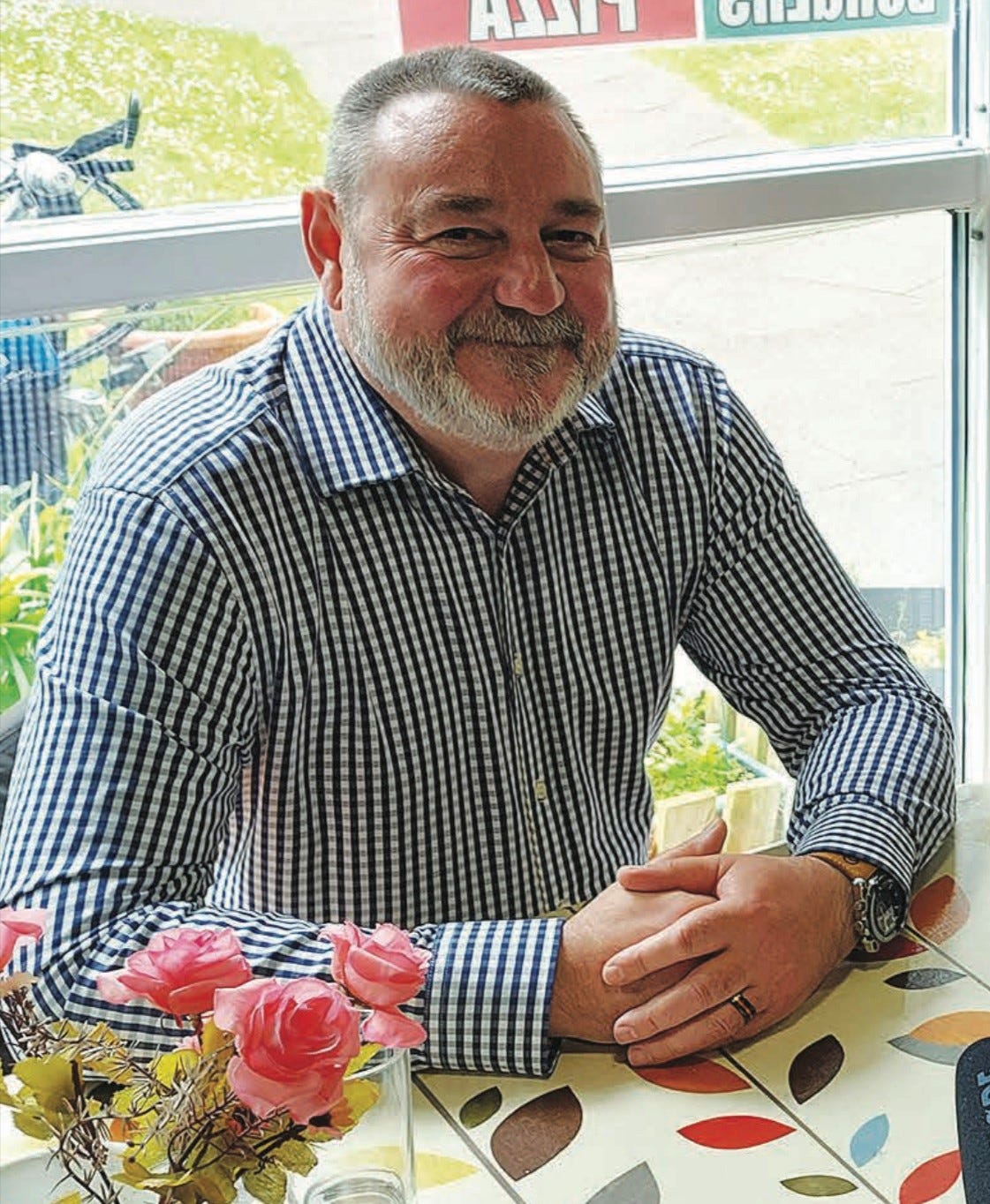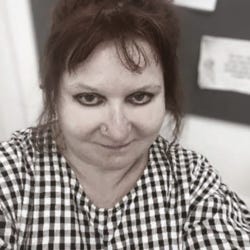The former hospital that treated Owen and Sassoon is helping veterans heal again
Project at Edinburgh Napier University's Craiglockhart campus is supporting ex-military personnel with challenges from PTSD to upskilling for work
Alliances come in all shapes and sizes. Between nations and between individuals, at war and in trade, to divide and to bring together. What brings all alliances together is a belief that there is a greater strength in working together.
The deafblind American author and activist Helen Keller said: “We live by each other and for each other. Alone we can do so little. Together we can do so much.”
An alliance which has been carefully developed in Edinburgh is aimed at creating a community of military veterans, their families, and organisations who care for them both directly and as part of a wider remit.
Fittingly, it is based at Edinburgh Napier University’s Craiglockhart Campus, once a renowned and pioneering war hospital that tended to officers whose minds, as well as bodies, had been shattered by the horror of the First World War. It is the place where the war poets Siegfried Sassoon and Wilfred Owen met as patients, wrote some of their greatest works, and parted as friends.
More than tackling PTSD
The place Sassoon dubbed “Dottyville” is now home to Scotland’s Veterans Wellbeing Alliance, which already contains around 20 different organisations, and is working actively to bring more on board. All working together, rather than in competition, to empower veterans to more easily access the support they need at the time it is required.
And that support is by no means limited to the help most assume is needed by veterans – in tackling post-traumatic stress caused by serving in combat. While that is part of what is done, there is a much bigger picture as Richard Henderson, who works developing the Alliance and hosts its New Frontiers podcasts, points out.
“In the UK we have pretty much adopted the US term ‘veteran’ and when you mention it people here do tend to think of an older person, often with white hair and wearing a blazer with medals pinned to it. But the ex-armed forces community is a lot more diverse than that.
“And in turn, that means the range of support needed is much wider as well – just as it would be in the general population. Just because you have served, even in combat, does not mean that you automatically have PTSD although sadly, some do. That is why the Alliance is made up of veterans’ organisations, and other third-charity organisations, who provide a wide range of services or support that veterans can access, often as they transition from military life to ‘civvy-street’.”
Meeting a wide range of needs
A look through the ranks of member organisations makes his point clear, the roll including as it does Combat Stress, Defence Medical Welfare Service, Scottish Veterans’ Residences, Thistle Foundation and also non-military organisations like NHS Lothian, Cyrenians, and SAMH.
Mental welfare is certainly prominent, but then so are many of other needs – housing and homelessness, learning new skills or upskilling, employability, confidence building, and even practical help with issues like CV drafting are all amongst the common support veterans seek.
And when you consider that throughout Scotland, ex-military people make up more than 170,000 people – with about 15-20% of that number in Edinburgh, the Lothians and Fife – the need to work closely together to create an easier, one-stop entry point becomes crystal clear.
Much of the thinking behind the creation of the Alliance was articulated by its Strategic Lead, Dr Linda Irvine Fitzpatrick, based at Edinburgh Napier where she works alongside a team led by Professor Gerri Matthews-Smith in the Centre for Military Research, Education and Public Engagement.
Linda said: “Much has happened since the inception of the Alliance including the unprecedented challenges and profound impact of facing a pandemic, increasing societal divisions and polarisation of views, global conflict and wars, and increasing inequality impacting on people’s wellbeing and ability to thrive. But our community of veterans and their families, our armed forces, our specialist veteran’s organisations and services and an array of organisations across the country are committed to strengthen, empower and invest in our veterans who may be defined by interest, place, or identity to ensure that they receive the support they need at the right time and in the right place.”
Veterans at heart of design
Work in creating and developing the Alliance has seen it co-designed with the veterans’ community, she said, a vital element in ensuring it helped improve access to support that had previously been piece-meal and often challenging for veterans to negotiate.
Richard believes that one-stop approach has been one of the Alliance’s greatest achievements. “Veterans told us that it can be difficult negotiating all of the different organisations that are there to provide support – knowing where they should go and where they might get the best help. Many said they grew frustrated at being repeatedly asked to ‘tell their story’ multiple times, particularly since many veterans do not like talking about their experiences or difficulties. And so knowing that coming through the Alliance means you will probably only be asked to tell your story one time, and are then passed on to the best people to help, is something that they really value.
“And of course, once they argue the support offered by one member of the Alliance they often go on to see what else would be helpful.”
The establishment of the Alliance was funded initially by the Armed Forces Covenant Trust Fund. During that time it was of direct benefit to more than 4000 with an estimated 2000 indirect beneficiaries.
Supporting the supporters
Richard, himself at one time a Royal Marine Reservist whose planned military career ended with a rugby injury, decided to work with veterans after retiring from a successful business career.
He said: “Much of what we do is harnessing the skills and lived experience of veterans themselves. And our holistic approach involves supporting not only the veteran, but the families as well. Veterans who are experiencing a difficult time can often only resolve those difficulties with the support of those who love them, and often those same people need help as well.”
There remains much to do, he says. “We are working on some big initiatives, as well as continuing to develop the Alliance in terms of the services we offer and the organisations who want to get on board.”




